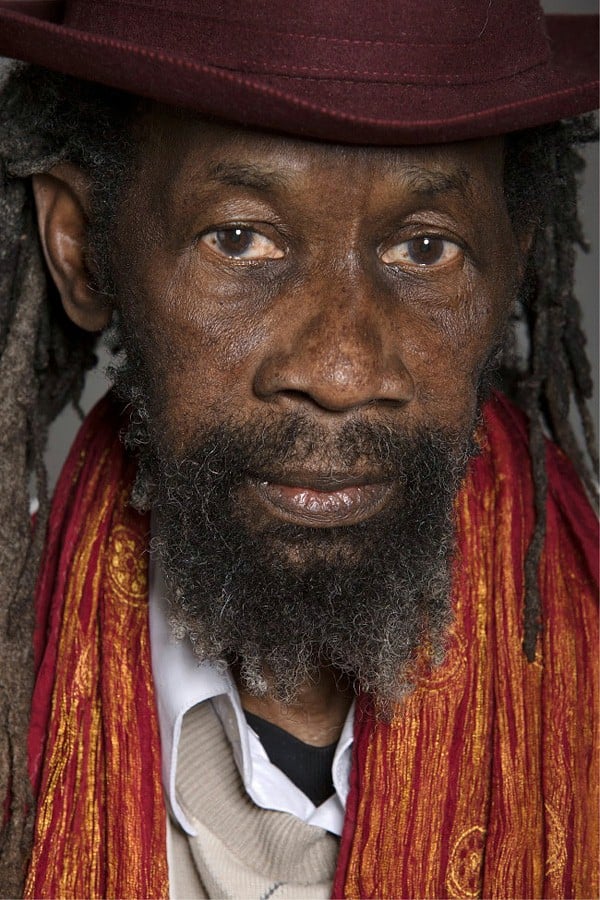
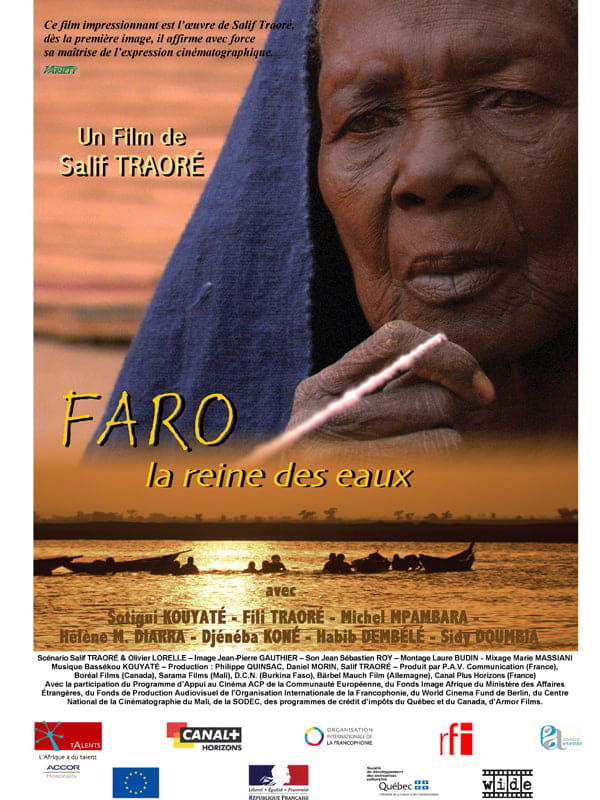
Faro is a real goddess of a real tribe (the Bamana) in the West African country of Mali. In a landlocked country like Mali, covered in part by the Sahara Desert, water is a resource that can never be taken for granted. The Bamana village in Faro: Goddess of the Waters not only sits on a riverbank, but also depends for much of its food on fish from the river. Faro is the dominant character in this film, the unseen force for which all action takes place. (c) Ferdy on Films [Marilyn Ferdinand]
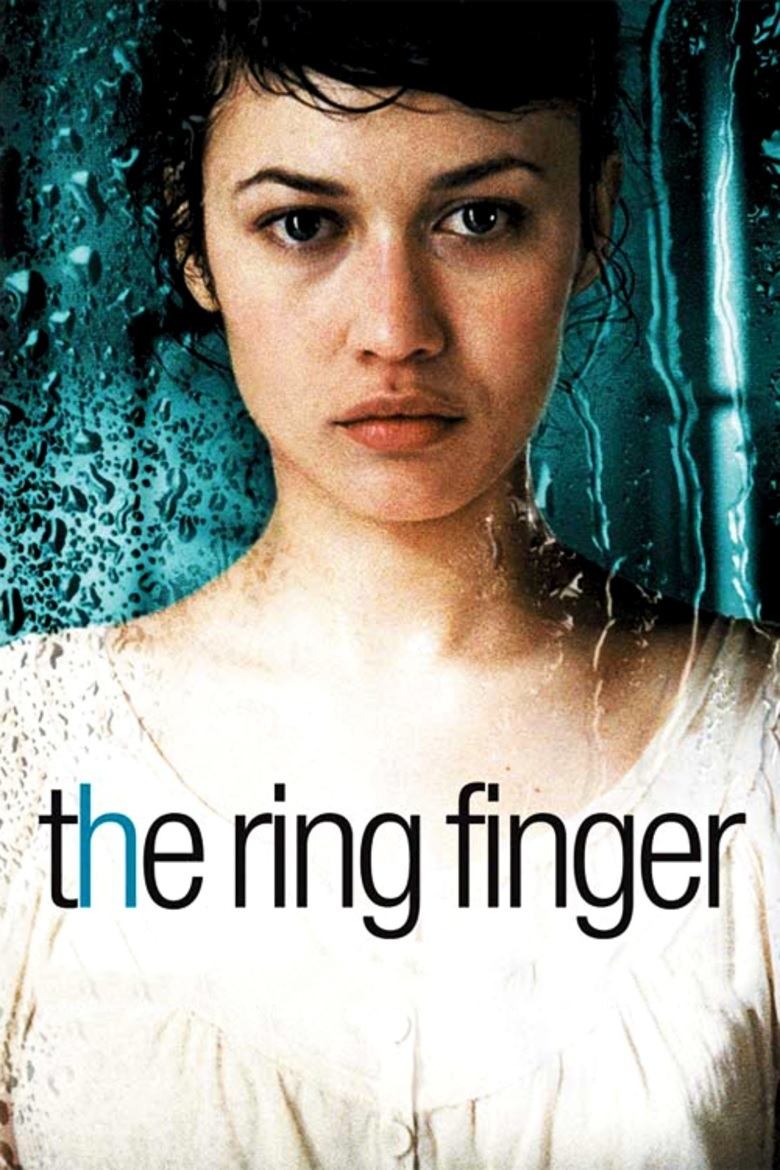
When she is slightly hurt in the factory where she works, Iris quits her job and finds a new one as an assistant in a laboratory of a very peculiar kind. Without fully grasping what is at play around her, she gradually engages in a disturbing love affair with her enigmatic employer.
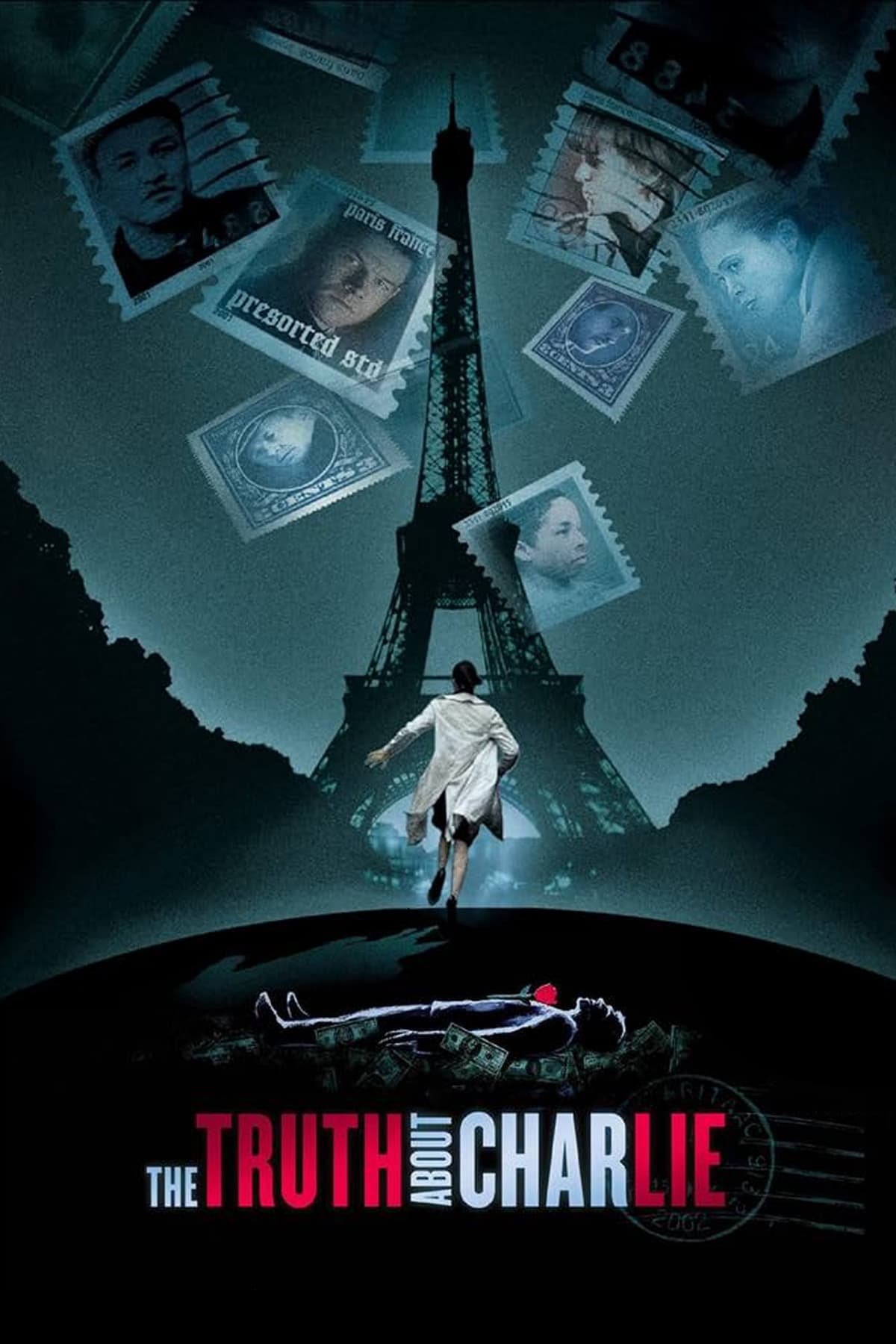
Regina meets charming Joshua while vacationing in Martinique, as she contemplates ending her whirlwind marriage to enigmatic Charlie. Upon her return to Paris, she finds that both her apartment and her bank account have been emptied, and her husband has been murdered. The more Reggie learns, the more she realizes the scope of the puzzle which she must solve to protect herself from ever-increasing danger.

An undocumented immigrant finds a human heart in one of the toilets of the west London hotel where he works with other undocumented immigrants.
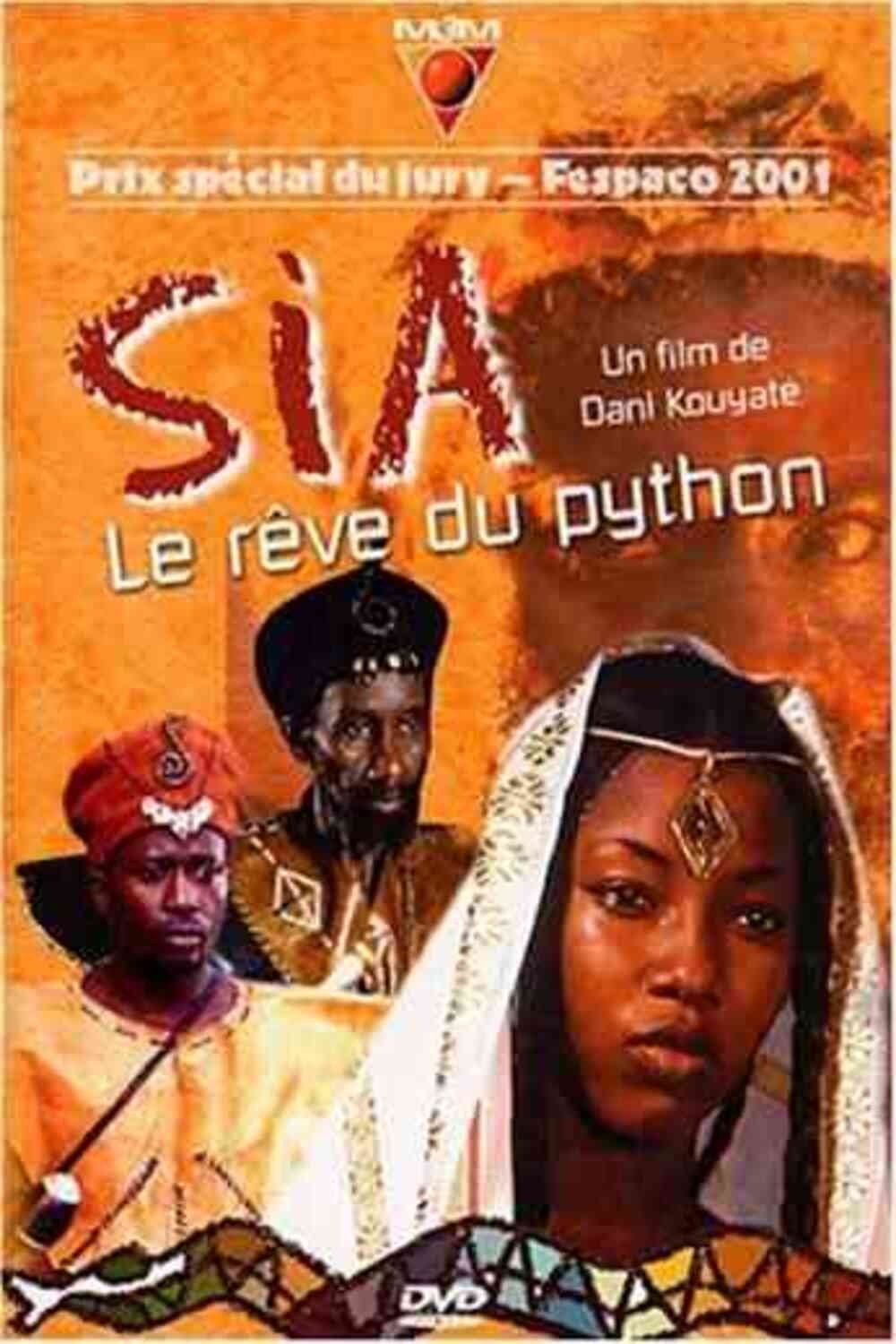
Kaya Maghan, the despotic king of Wagadou, follows the instructions of his priest by ordering the religious sacrifice to the Python God of Sia Yatabaree, the virgin daughter of a notable family. A gift of gold equivalent to Sia’s weight is given to her family as compensation for surrendering their daughter for the sacrifice. However, Sia runs away and finds shelter in the home of a mad prophet who has railed against the king. The king orders his top general to locate Sia, but the general is conflicted since Sia was engaged to marry his nephew, Mamadi, who is in battle on behalf of the kingdom. Mamadi returns and joins his uncle to do battle against the Python God. - Wikipedia, accessed 31 July 2021
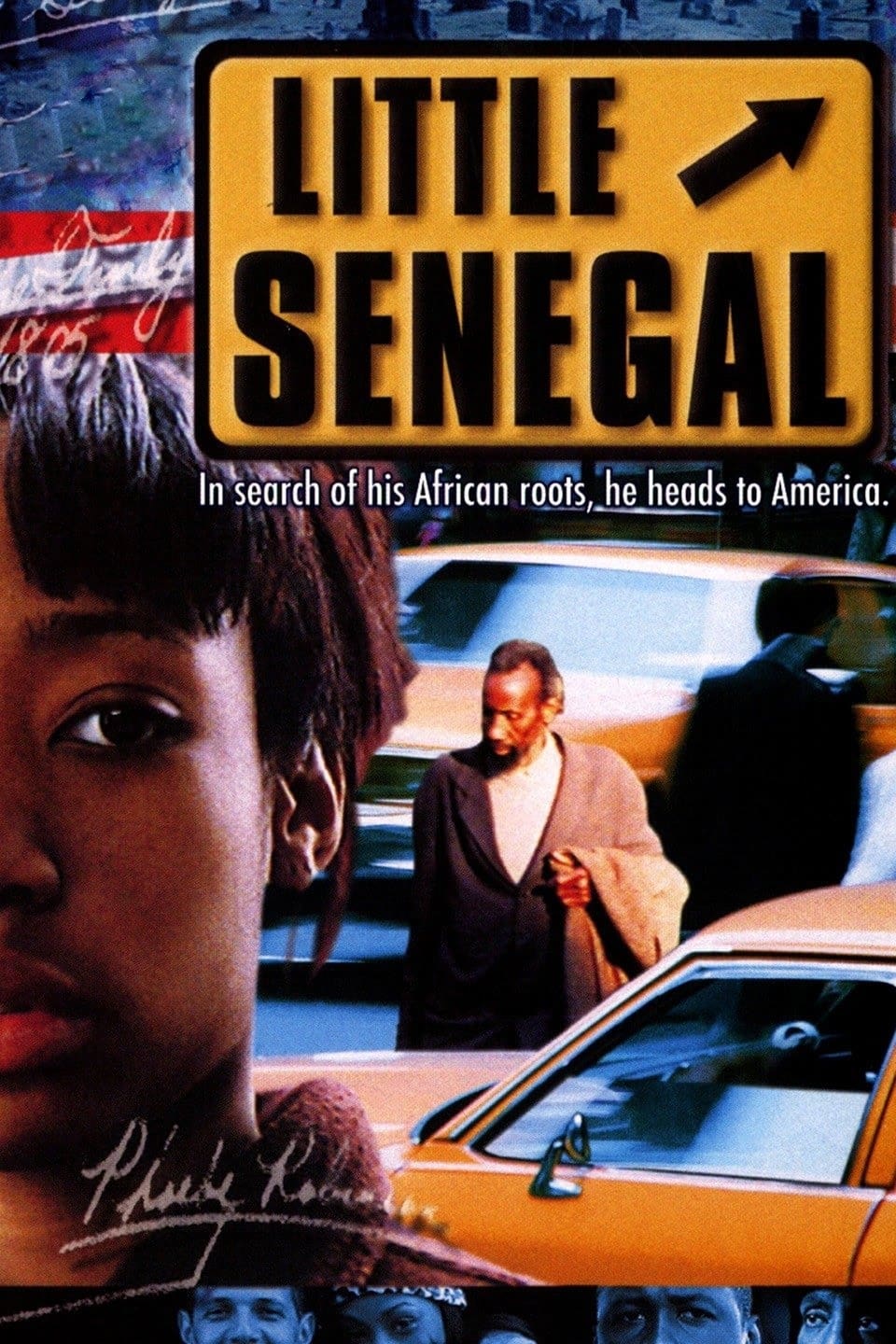
Fascinated by the history of his people, Alloune, an old guide at the African museum "La Maison des Esclaves" in Gorée, sets off on a pilgrimage to find the descendants of his ancestors in the United States. This moving journey takes him from the coast of South Carolina to the Harlem neighborhood of Little Senegal, home to the African community. Driven by the idea of reuniting his family across centuries and borders, Alloune traces his roots to a distant cousin, Ida, who knows nothing of his past. The old man also crosses paths with his nephew Hassan, a clandestine cab driver, his fiancée Biram, Eileen, pregnant and a runaway, and Karim, who is seeking a sham marriage to obtain a green card. All four misunderstand Alloune's quest.
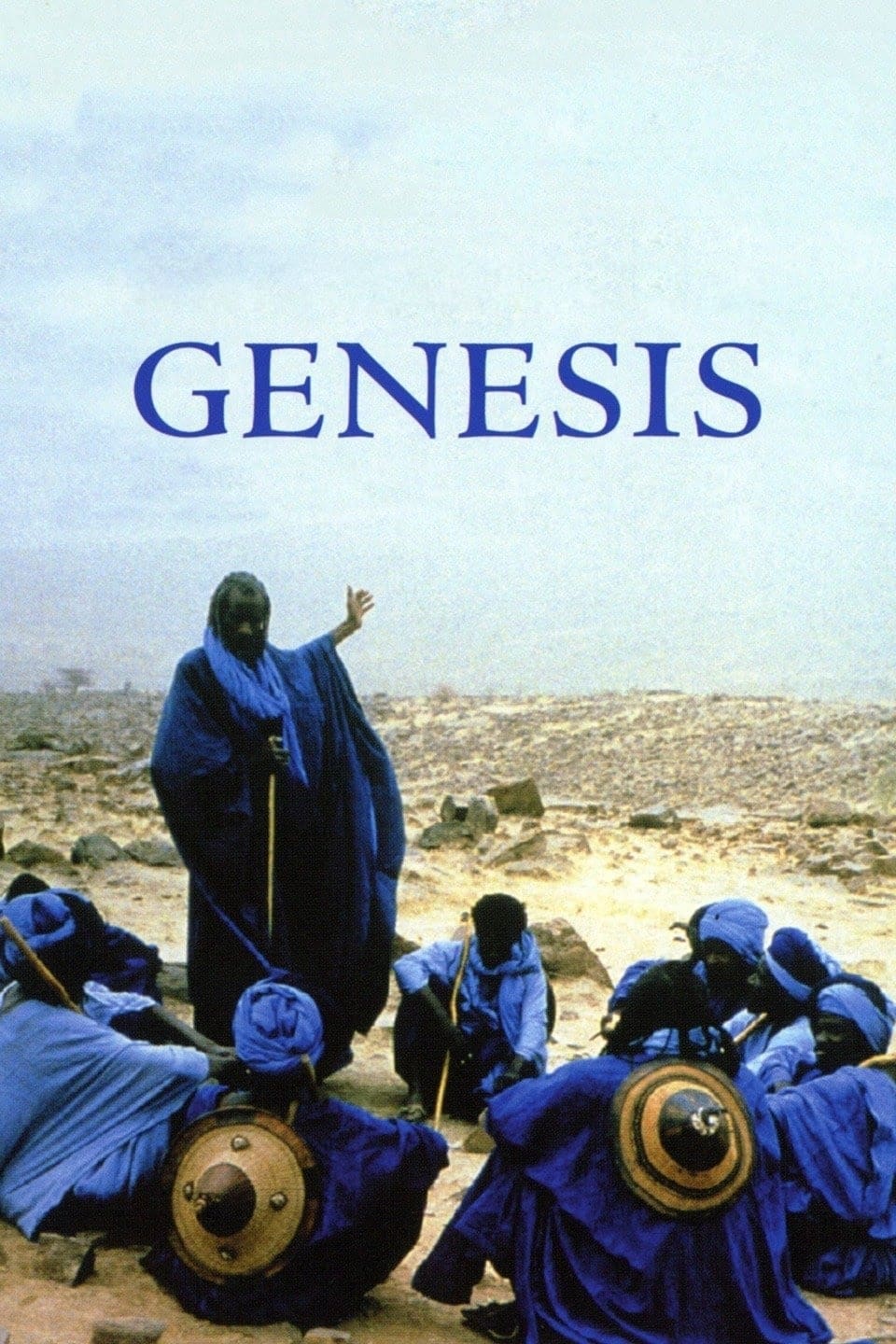
Inspired by the book of Genesis, this film tells the power struggle between two families: a clan of herders led by Jacob and another clan of hunters fronted by his brother Esau. Caught in the crossfire is their cousin, Hamor and his tribe of farmers.
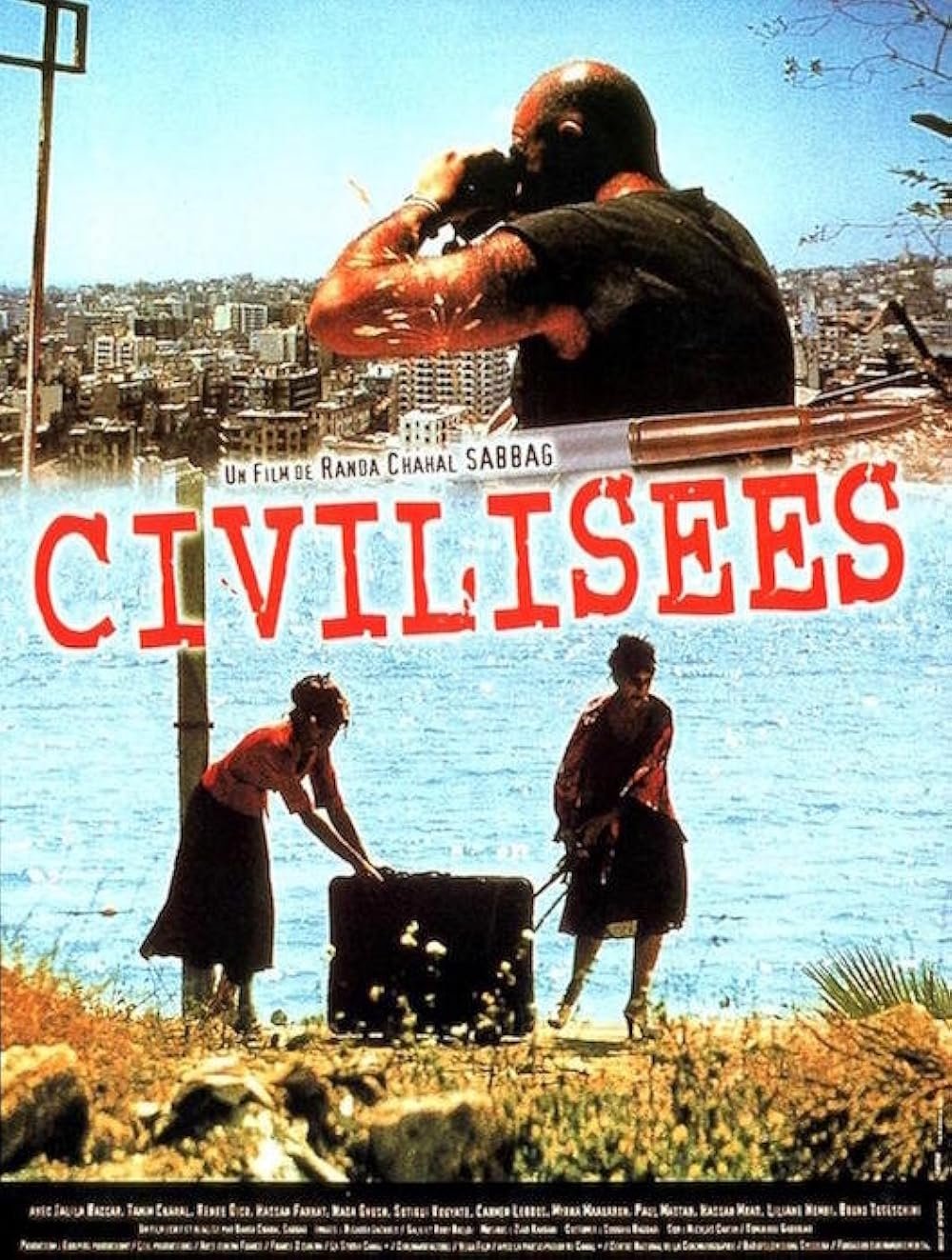
Lebanese director Randa Chahal Sabbag spins this bleak war drama about the brutal absurdity of the urban warfare of Beirut during the 1980s. Opening with the shocking image of kittens being blown apart, the film loosely follows the travails of Bernadette (Nada Ghosn), a naïve country girl sent to the city as a maid for a mansion long since abandoned by the owners. There she meets Therese (Renee Dick), a veteran house cleaner who takes her under her wing. One day, while accompanying her friend to the cemetery, she meets a rakish Arab militiaman, and the two fall in love.
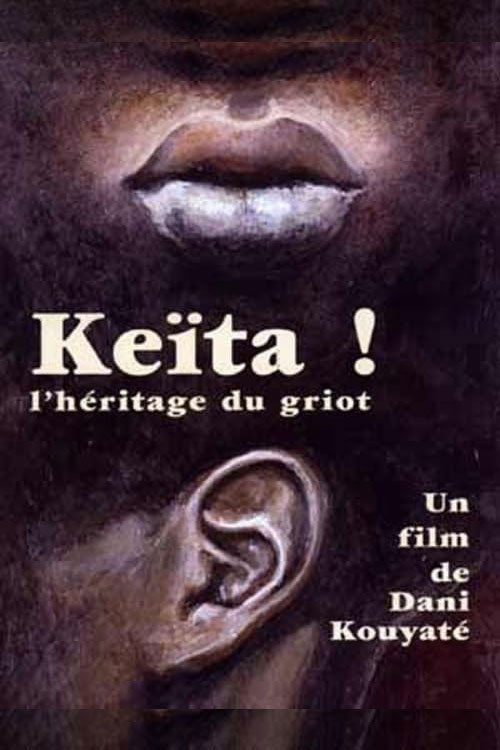
It is an ordinary afternoon for young Mabo Keïta, at home, in Burkina Faso (West Africa). While his parents are taking a nap, he reads a schoolbook on the front porch when a stranger - an elderly man carrying his own hammock - appears for an unexpected visit. It turns out that the old man is a griot, a West African musician/entertainer whose performances include tribal histories and genealogies. The position of a griot is a time-honored one and passed down from father to son for many generations.
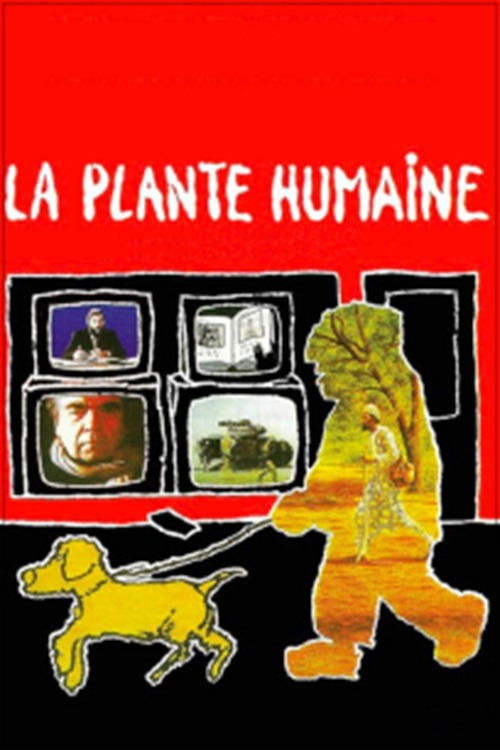
An African griot and actor of film and stage who made a name for himself in European productions, Sotigui Kouyaté (19 July 1936 – 17 April 2010) was one of the first Malian, Burkinabé actors. He was a member of the Mandinka ethnic group, and father of film director Dani Kouyaté, of storyteller Hassane Kassi Kouyaté and of actor Mabô Kouyaté.
By browsing this website, you accept our cookies policy.